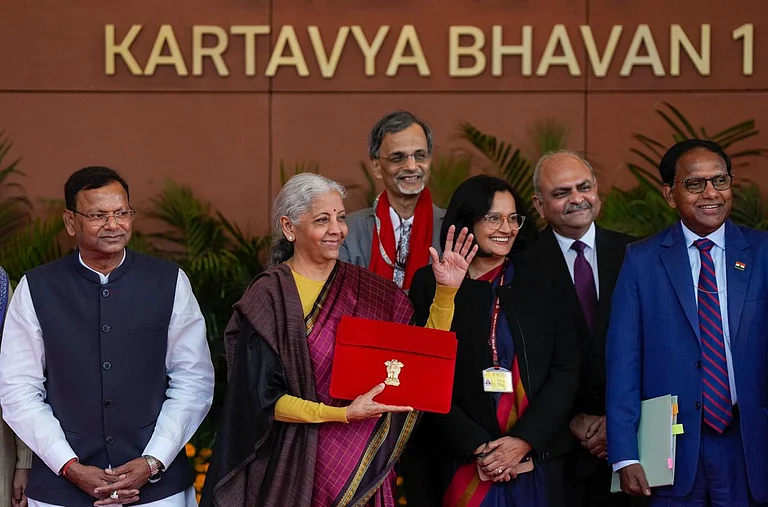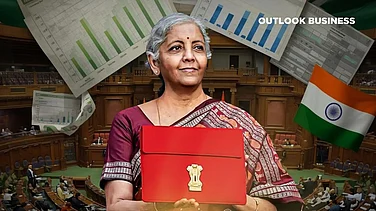Capital Gains tax: Last year's budget was full of surprises for almost every industry. But, for D-street investors, the surprise didn't set quite well as Finance Minister Nirmala Sitharaman announced a surge in capital gains tax slabs. Both LTCG (Long term capital gains) and STCG (Short term capital gains) increased from 10% and 15% to 12.5% and 20% respectively.
As FM is all set to present her eighth consecutive budget next week, changes in capital gains taxation top investors' wish list.
While some believe that the current taxation slab might discourage investors from investing in secondary markets, others point out that high taxes help mitigate the impact of overexuberance in the stock market.
But, considering the introduction of multiple regulations by Sebi (Securities and Exchange Board of India) on derivates last year, the trading volume has already come down, curbing the impact of market frenzy.
With the ongoing debate around taxation, it's worth taking a look at how India's capital gains slab stacks up against other countries.
"After the changes in the capital gains tax slab last year, a belief generally arises that taxes in India are higher. However, a closer analysis reveals that India’s capital gains tax regime remains relatively moderate compared to other nations excluding certain low tax jurisdictions such as Hong Kong, Singapore and UAE," said Niranjan Govindekar, Partner, tax and regulatory services, BDO India.
Capital Gains Tax in Emerging Nations
Unlike India, there is no bifurcation between long-term tax rates and short-term tax rates in other nations. Plus, capital gains tax in emerging countries like Brazil, China, Indonesia and Vietnam is subject to differential treatment, viz. rate and base on which it is applied, as per Govindekar.
For instance, in Indonesia, capital gains from resident companies are taxed like regular income, and any gains from selling shares listed on the Indonesia Stock Exchange are hit with a flat 0.1% tax on the gross transaction value. Indonesia's personal income tax ranges from 5% to 35%.
In Thailand as well, capital gains are imposed based on the country's income tax slabs, with rates ranging from 0% to 35%. However, capital gains from selling shares of public companies on Thailand's Stock Exchange are completely exempt from personal income tax, as per data compiled by consultancy firm PwC.
As for the dragon nation, China, capital gains are subject to the normal tax rates. For individuals, the capital gains tax rate is straight 20%. However, capital gains from the transfer of listed shares are generally exempt.
Vietnam follows a similar pattern as capital gains in the nation are subject to a flat tax rate of 20%.
As for Brazil, the tax on capital gains increases as the amount of the gain grows. On the lower level, if one makes up to 5 million Brazilian Real (BRL) in capital gains, they pay a tax of 15%. On the upper side, if the gains exceed 30 million BRL, they pay a higher tax rate of 22.5%.
Meanwhile, nations like Singapore, UAE and Hong Kong have no capital gains tax on the sale of shares.
While many were upset about the increase in the capital gains tax slab, some tax experts still believe the rates are relatively competitive compared to other emerging nations.
"As such, India’s general long-term capital gains tax is 12.5% on the net gains arising upon transfer of capital assets should be regarded as competitive within the broader global context which aims to balance revenue generation with the need to maintain an attractive investment environment," Govindekar said.

































